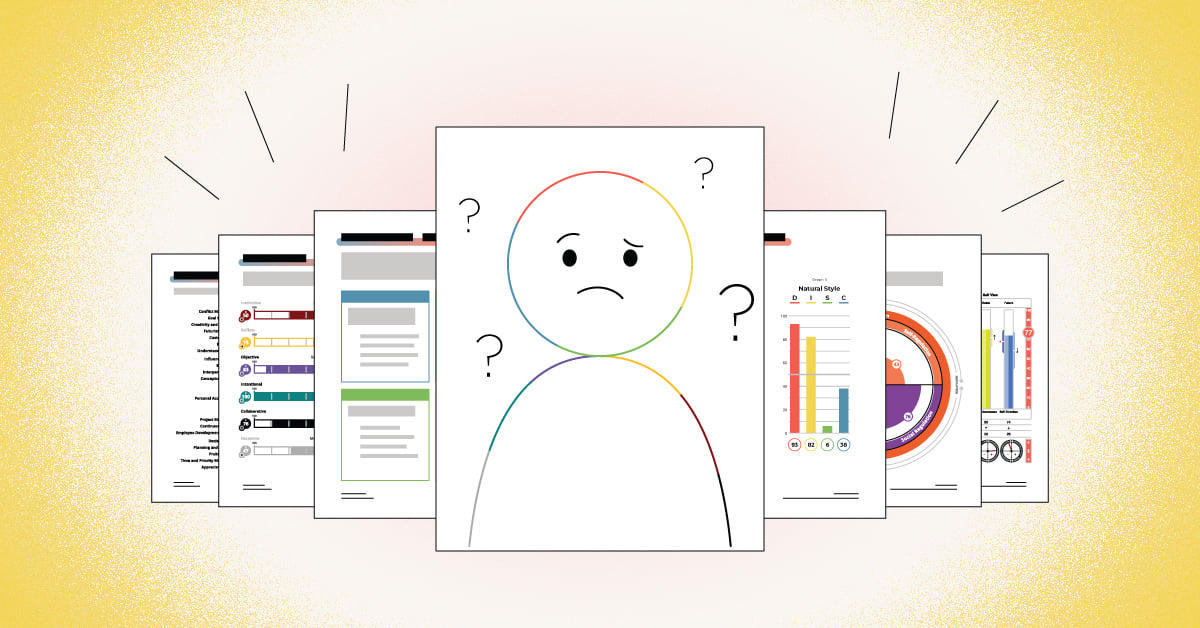Attaining skills in any number of disciplines are developed by “doing” — and it takes a lot of doing over the course of many years before skills are actually developed and learned.
Many of the skills both young people and adults lack are at the bottom of the 23 core competencies TTI Success Insights (TTI SI) measures, including decision-making.
Generally, that seems obvious and appears to make sense. Think about it:
Most parents don't allow their kids — no matter their age or maturity level — to make household decisions.
Today, many children and teens have not developed enough decision-making skills in their formative years to act on their family’s behalf, let alone make decisions impacting their own lives.
And, when they go away to college, they are on their own for the first time in their lives and are forced to make on-the-fly decisions without parental supervision.
As we look at the various skills individuals possess, it’s important to understand how our behaviors (DISC: Dominance, Influence, Steadiness and Compliance) and motivators can influence our decision-making.
Measured in four proportions, the DISC theory reveals how we will act and react to everyday situations, including what value we bring to a team, our ideal environment and possible limitations we may face.
Skills are also somewhat age-related:
Those with steady, calculated personalities tend to build their skills later in life as compared to those with personalities that are more dominant and influential, as the latter group is involved in more activities.
This does not mean D’s or I’s (those with higher concentration of Dominance or Influence behaviors) are smarter or actually better.
It just means their behavior is more outgoing and optimistic than S’s and C’s (those with a higher concentration of Steadiness and Compliance behaviors), whose behavior could be classified as more laid back and sometimes even pessimistic.
As you can see, there is a strong correlation between our skill sets — what we have in our arsenal and what we can develop over time — and our behaviors and motivators.
Recognizing our strengths and weaknesses as we journey through life can give us a better sense and direction about where we can excel.
After all, playing to our strengths often leads to overall happiness and will be a win-win in the business world for both employers and your employees.


